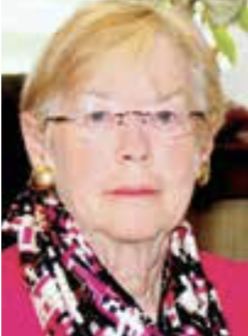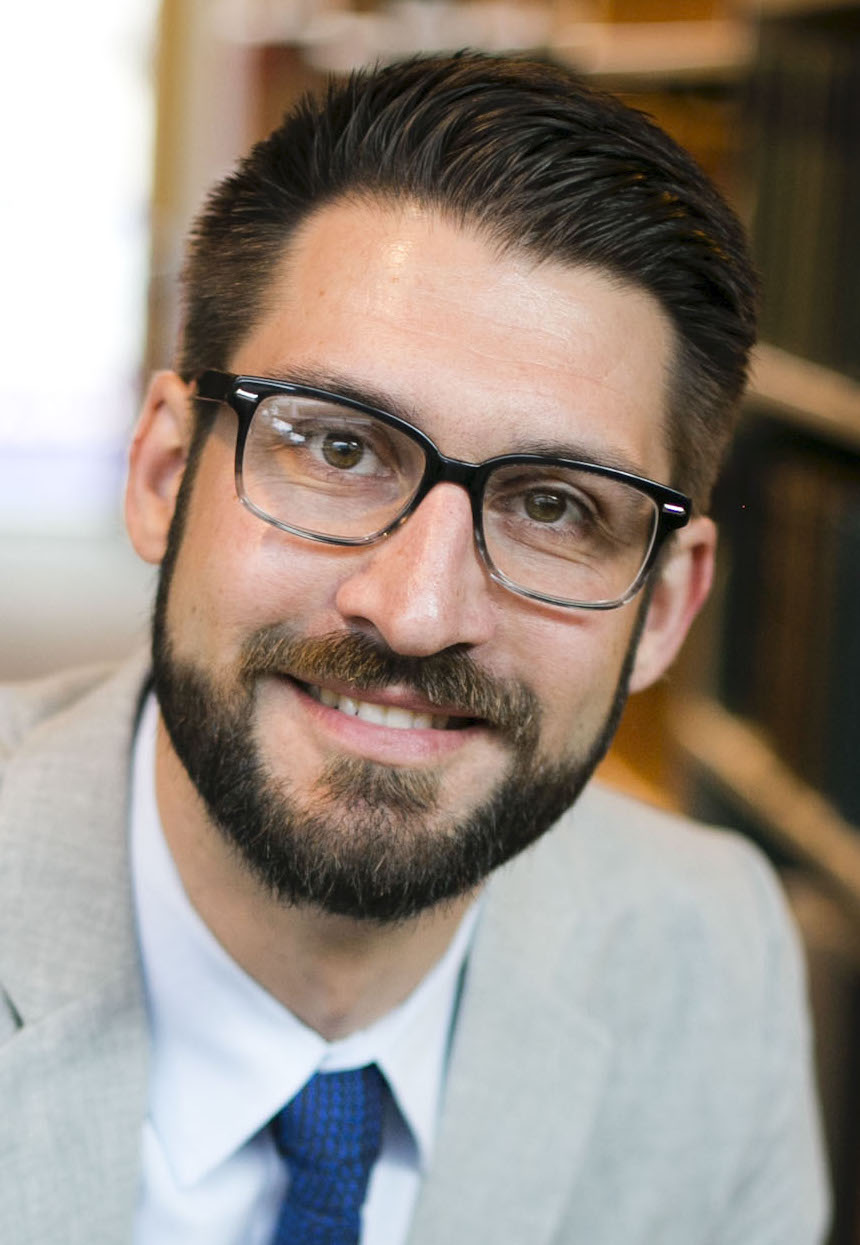Changing the conversation

In Advancing the Rule of Law: A Century of Excellence at Emory Law, Dean Robert A. Schapiro wrote that Emory’s founders may not have envisioned the way the law school’s faculty over the years would “shape and define legal scholarship and thought.” Within the commemorative tome, the dean urges the reader to consider the Center for the Study of Law and Religion, which introduced a new field of study in 1982, advancing our understanding of the role of religion in shaping law, politics, and society.
“A further milestone came in 2004, when the Feminism and Legal Theory Project moved to Emory Law, and more recently with the foundation of the Vulnerability & the Human Condition Initiative, which has established vulnerability as a critical framework for understanding the human condition,” he explains, adding that, “elsewhere, from constitutional law, civil procedure, and torts to election law, health law, and technological innovation and patent law, Emory Law professors have published the leading academic texts.”
Robert B. Ahdieh, vice dean and K.H. Gyr Professor of Private International Law, explains why it’s crucial for Emory faculty and students to contribute to the advancement of legal scholarship, saying, “The core of our mission as a law school is the advancement of human knowledge. As faculty, we accom- plish that both through our teaching of the next generation of lawyers and leaders and through our direct contributions as scholars and thinkers.”
Citation count study illustrates faculty scholarly impact
The impact of those contributions has been captured, in part, by the 2016 Sisk study. Gregory Sisk and colleagues from the University of St. Thomas School of Law have analyzed citation counts for tenured faculty scholarship for the years 2010 to 2014.
Data in the study show that Emory Law’s Martha A. Fineman is the most cited family law scholar in the United States, with 580 citations between 2010 and 2014.
Emory University ranked number 27 among 70 law faculties ranked, in terms of overall scholarly impact. In addition to Woodruff Professors Fineman, Michael J. Perry, and John Witte Jr., the study noted the following as the most-cited faculty: Ahdieh, Mary Dudziak, Timothy Holbrook, Michael Kang, Jonathan Nash, Schapiro, Joanna Shepherd, and Barbara Woodhouse.
Faculty impact, however, extends well beyond the Sisk study, which is representative of just one facet of this influence.
Alumni molding minds

Lucy McGough Bowers 66L

David Hooker 94L 04T
Hooker is an associate professor of the practice of conflict transformation and peacebuilding at the University of Notre Dame’s Kroc Institute for International Peace Studies.
Nichols is the associate dean for academic affairs and a professor of law at the University of St. Thomas (Minnesota) Law School.

Silas Allard 11T 11L

Mark Goldfeder 12L 13L
And Goldfeder is now paying it forward as a scholar: Of 28 students in his Law and Technology class last year, nine received outside publication offers for their papers.
Emory Law’s impact on the scholarly discourse thus promises to increase even more in the years ahead. As our faculty not only offer their own scholarly contributions but help students and alumni produce theirs, the influence of the law school on legal thought can be expected to grow exponentially.
“How special it is,” says Ahdieh, “when we faculty can help our students and graduates produce the highest caliber of scholarship — scholarship that improves the law, strengthens the profession, and promotes a more lawful and just society.”
Students influencing the discussion, even before the bar
Law students have made a significant impact on the scholarly community, as well. Emory’s students understand the need to publish and contribute to the shared pool of knowledge, and they vie for spots on the prestigious, and highly competitive, student-edited and peer-reviewed journals. Individual students are encouraged to publish in non-Emory journals during their matriculation as well, and many have, elucidating complex topics with fresh insight for their peers and the broader legal community. Just since 2014, students have been published on topics ranging from international law to medical malpractice to real estate law. Below is a representative, but not exhaustive, list of those publications.
Alyssa Baskam 14L, “Determining the ‘Sweet Spot’ for the Federal Government in Residential Mortgage Finance,” 23-1 ABA Journal of Affordable Housing & Community Development Law (2014)
Christian J. Bromley 15L, “Supremacy and Superiority: the Constitution’s Effect on State Lien Priority Statutes,” 44 Real Estate Law Journal 442 (2016)
Alex Bernick 14L, “Reburying an Injustice: Indigenous Human Remains in Museums and the Evolving Obligations to Return Remains to Indigenous Groups,” 1 Indonesian Journal of International & Comparative Law 637 (2014)
Amy B. Cheng 09C 15L, “Bridging the Law and Grassroots Efforts as an Effective Tactic for Non- Government Organizations to Regulate the Use of Tobacco,” 16 Marquette Elder’s Advisor Law Review 213 (2014)
Baylie Fry 15L, “A Reasoned Proposition to a Perilous Problem: Creating a Government Agency to Remedy the Emphatic Failure of Notified Bodies in the Medical Device Industry,” 22 Willamette Journal of International Law & Dispute Resolution 161 (2014)
David B. Jerger Jr. 14L, “Indonesia’s Role in Realizing the Goals of ASEAN’s Agreement on Transboundary Haze Pollution,” 14 Sustainable Development Law & Policy 35 (2014)
Benjamin Klebanoff 15L, “Ghostwriting—More than Meets the Eye; Ghostwriting — Attorneys in Disguise: A Proposal for Handling Pro Se Parties Who Seek Limited Representation in Federal Court,” 40 Thurgood Marshall Law Review 31 (2014)
Joel M. Langdon 14L, “The Importance of a Promise: Underwater Mortgages and a Municipal Rescue Attempt Through Eminent Domain,” 45 The Urban Lawyer 571 (2013)
Rachel Budde Patton 15L, “Taking the Sting out of Revenge Porn: Using Criminal Statutes to Safeguard Sexual Autonomy in the Digital Age,” 16 Georgetown Journal of Gender & the Law 407 (2015)
Michael N. Schmitt and M. Christopher Pitts 14L, “Cyber Countermeasures and Effects on Third Parties: The International Legal Regime,” 14 Baltic Yearbook of International Law 1 (2014)
Jolie Schamber 16L, “Utilizing Home Rule: The Case for Restricting Hydraulic Fracturing at the Local Level,” 31 1 Journal of Environmental Law & Litigation 1 (2015)
Sierra Sterling 16L, “Balancing Risk and Opportunity: The Status and Future of the FHA Mortgage Insurance Fund Following the Mortgage Crisis,” 23 ABA Journal of Affordable Housing & Community Development Law 1 (2014)
Katharine M. Villalobos 15L, “Digital Oppression in Cuba and China: A Comparative Study of ICCPR Violations,” 24 Journal of Transnational Law & Policy 161 (2014)
Email the Editor



